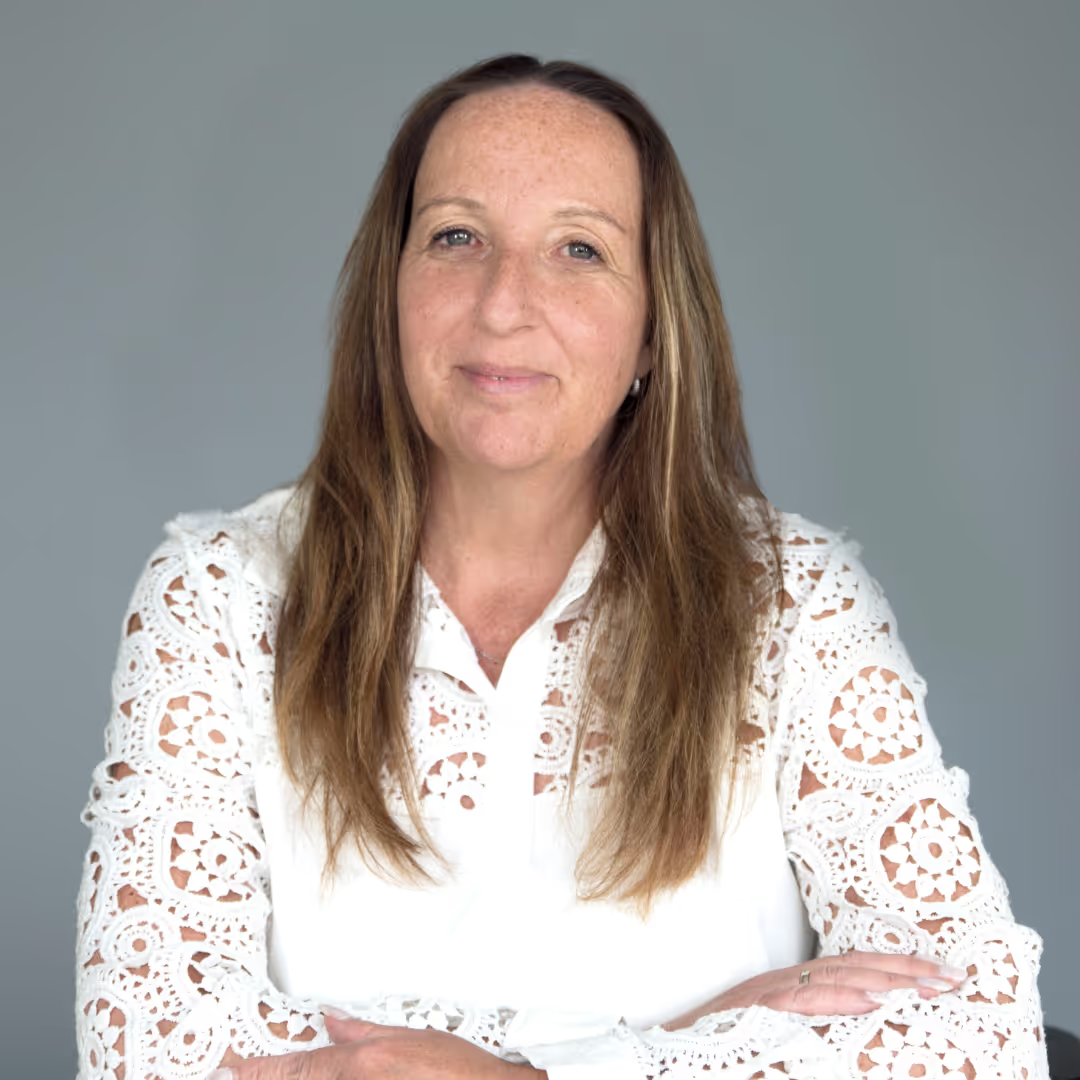
Making a will is a crucial step in planning for the future and protecting your loved ones. Many people wonder when the right time is to create one and what it should include. Below, we answer some of the most common questions about making a will to help you understand why it’s important and how to get started.
When is the best time to make a will?
The best time to make a will is as soon as you have assets or responsibilities you want to ensure are handled according to your wishes. This could be when you buy a property, get married, have children, or accumulate savings and investments.
Do I need to wait until my children are adults to make a will?
No, you can (and should) make a will while your children are minors. A will allows you to name guardians to care for your children and specify how your assets will be managed for their benefit until they reach adulthood.
What happens if I don’t make a will?
If you die without a will (intestate), your estate will be distributed according to the laws of intestacy, which may not reflect your wishes. For example, unmarried partners and stepchildren may not automatically inherit anything.
How often should I review my will?
It’s a good idea to review your will every 3–5 years or whenever a significant life event occurs, such as marriage, divorce, the birth of a child, or buying a new property.
Can I include specific gifts or donations in my will?
Yes, you can specify gifts of money, property, or personal items to individuals, charities, or organisations in your will. This is a great way to ensure your values and intentions are honoured.
Do I need a solicitor to make a will?
While it’s possible to create a will yourself, using a solicitor ensures your will is legally valid, clear, and less likely to be contested. A solicitor can also provide advice on complex situations, such as inheritance tax or trusts.
What is an executor, and how do I choose one?
An executor is a person responsible for carrying out your wishes as stated in your will, such as distributing assets and settling debts. Choose someone you trust, such as a family member, friend, or solicitor, who is willing and able to take on this responsibility.
Can I change my will after it’s been made?
Yes, you can create a new will that revokes the previous one. Or make changes to your will using a codicil (a legal document that amends your existing will).
What happens to my digital assets (e.g., social media accounts) after I die?
Your will can include instructions for managing or closing your digital assets. It’s wise to list your accounts and access information separately to help executors handle these efficiently.
How do I ensure my will is legally valid?
For a will to be valid in the UK, it must be:
Making a will gives you peace of mind and ensures your loved ones are cared for according to your wishes. If you’re unsure where to start, consider seeking professional advice to guide you through the process. Get in touch with us today. Click here to find out how we can help you.

Celeste Bushell is a highly skilled and dedicated Chartered Legal Executive with extensive experience in Inheritance Tax, Lasting Powers of Attorney, Court of Protection, Wills and probate. With a strong commitment to providing expert legal advice and excellent client service, Celeste has developed a reputation for being both approachable and efficient in handling legal matters.
Having achieved Chartered Legal Executive status through the Chartered Institute of Legal Executives (CILEX), Celeste is fully qualified to provide a range of legal services in the Private Client Sector. She is passionate about delivering practical, client-focused solutions that prioritize the needs and goals of clients.
In addition to their legal expertise, Celeste Bushell is known for her attention to detail and the ability to work under pressure. She works closely with clients to ensure clear communication and a thorough understanding of their legal position, ensuring a smooth and efficient legal process.
Celeste Bushell continues to further their professional development through ongoing training and staying up-to-date with changes in the law and best practices.
